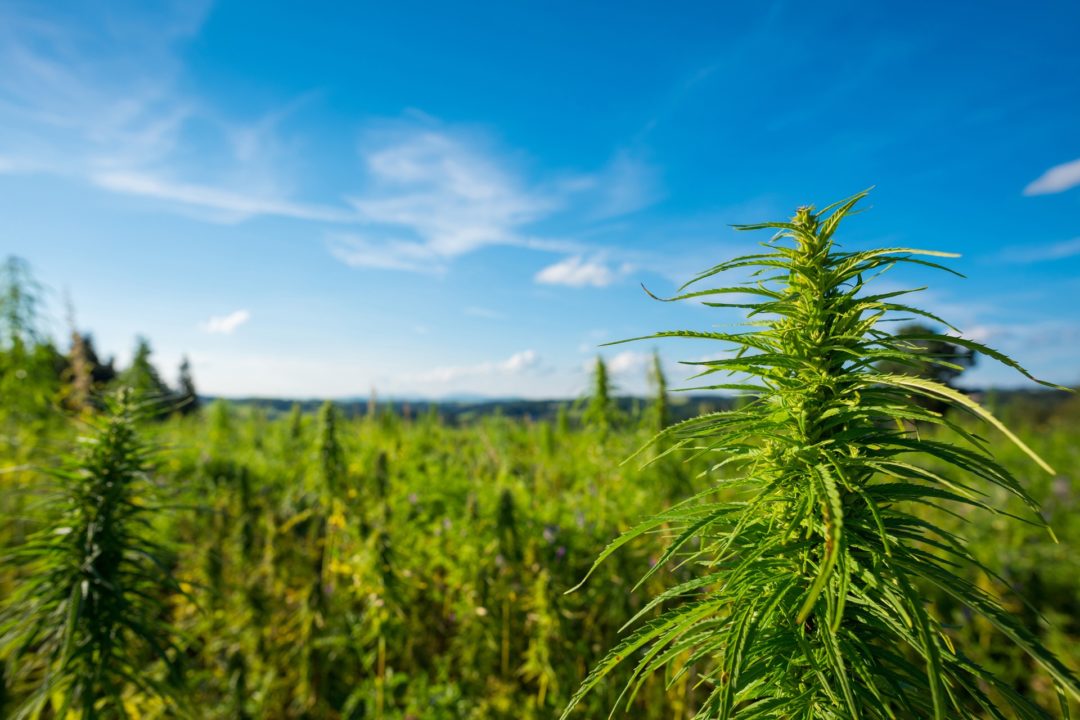An interim final rule formalizing the program will be published in the Federal Register this week that will allow hemp to be grown under federally approved plans and make hemp producers eligible for a number of agricultural programs. The rule includes provisions for the USDA to approve hemp production plans developed by states and Indian tribes including: requirements for maintaining information on the land where hemp is produced; testing the levels of THC; disposing of plants not meeting necessary requirements; and licensing requirements. It also establishes a federal plan for hemp producers in states or territories that do not have their own approved hemp production plan.
USDA has developedguidelines for sampling and testing proceduresthat provide additional information for sampling agents and hemp testing laboratories.
Related: Hemp Study Finds 328% Increase in U.S. Hemp Cultivation Acreage Hemp is More Than CBD – The Case for Whole Plant Hemp Extracts UNPA Now Allows Hemp/Cannabinoid Companies to Join as Executive Members
Once state and tribal plans are in place, the release says, hemp producers will be eligible for USDA programs including insurance coverage. More information can be foundhere.Secretary of Agriculture Sonny Perdue said in the release: “At USDA, we are always excited when there are new economic opportunities for our farmers, and we hope the ability to grow hemp will pave the way for new products and markets. We have had teams operating with all hands-on-deck to develop a regulatory framework that meets Congressional intent while seeking to provide a fair, consistent, and science-based process for states, tribes, and individual producers who want to participate in this program.”
The Food Marketing Institute applauded the framework, according to a press release. Leslie G. Sarasin, President and CEO, commented: “USDA’s proposed regulations provide more clarity in the regulatory environment surrounding hemp, which continues to generate much enthusiasm among FMI’s members’ customers in the United States. Having said that, the lack of federal standards for the use of CBD in manufactured products, coupled with the current patchwork of state laws regulating CBD products, has created mass confusion for the public, for suppliers and retailers, and for state regulators. FMI highly values the role FDA plays in promoting public health and safety, but the absence of a clear pathway to market for these products means consumers currently face a variety of risks, including unsubstantiated health and benefit claims, a lack of standardization in product labeling and packaging, and even products that do not contain the ingredients they purport to contain. We hope FDA will move quickly to provide clarity.”
Vote Hempasked interested parties to share their feedback on Twitter under #hempregsfeedback, and@Kansans4Hempanswered the call,noting that USDA did not address an issueprovided for in the 2018 Farm Bill—there still isn’t a process for exporting hemp.
Following publication, USDA invites public comment on the interim rule. USDA will draft and publish a final rule within two years, using information gathered during the time period to adjust the rule if necessary. The draft of the rule is availablehere.Once published, interested parties can submit commentshere.










